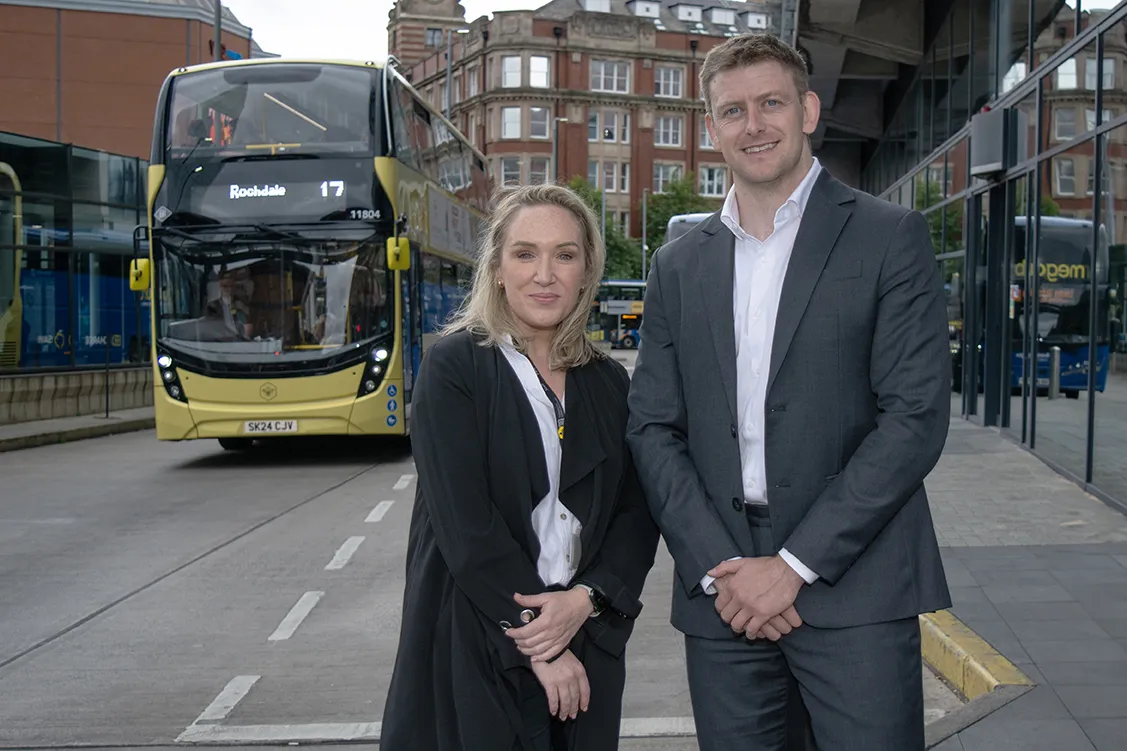The NIC has published its National Infrastructure Assessment to set out a long-term vision for sustainable economic infrastructure and help prepare the UK for the growth of EVs and autonomous vehicles.
NIC’s assessment recommends Ofgem to regulate the interaction between EV charge points and the electricity network as well as work with the government to set minimum standards for a network of interoperable, smart charge points. In addition, Ofgem should commission electricity network operators to work with charge point providers to identify potential investments required to accommodate charging infrastructure.
Meanwhile, the report calls on the government to require local authorities to collaborate with charge points providers to allocate 5% of their parking spaces by 2020 and 20% by 2025 which may be converted to EV charge points.
For rural and remote areas, the NIC believes the government should subsidise the provision of rapid charge points by 2022.
The government should establish a centre for advanced transport technology in the
David Beddell, chair of the Association for Consultancy and Engineering's road group, urges the government to follow through with the investment needed to future-proof UK roads.
“The assessment has highlighted the need for subsidies to help the spread of charging points in rural areas and targets for local authorities to bring electric charging to their parking spaces,” Bedell adds.
Bedell also welcomes the creation of a centre for advanced transport technology to ensure a smooth transition for connected and autonomous vehicles.
“On a broader level, we welcome the autonomy the report recommends to devolved administrations, which will help ensure funding is directed to where it is most needed at a regional level for all infrastructure projects, including roads,” Bedell concludes.
NIC releases assessment to prepare UK for EVs and AVs
The UK government, energy regulator Ofgem and local authorities should enable the rollout of charging infrastructure to allow close to 100% electric vehicle (EV) sales by 2030, says The National Infrastructure Commission (NIC).
The NIC has published its National Infrastructure Assessment to set out a long-term vision for sustainable economic infrastructure and help prepare the UK for the growth of EVs and autonomous vehicles.
NIC’s assessment recommends Ofgem to regulate the interaction between EV c
July 16, 2018
Read time: 2 mins
The UK government, energy regulator Ofgem and local authorities should enable the rollout of charging infrastructure to allow close to 100% electric vehicle (EV) sales by 2030, says The National Infrastructure Commission (NIC).








